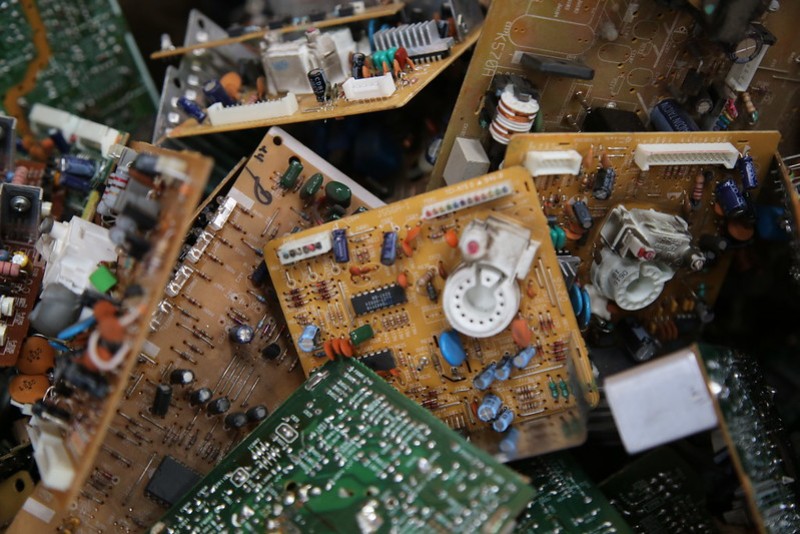During the operation, officers arrested 43 suspects and intercepted 14 containers with 300 tonnes of material ready for shipment.
Over the past two years, the network has made at least 1.5 million euro (US$1.59 million) from smuggling more than 5,000 tonnes of waste from electronic appliances they declared as having been recycled, said a press release by Spain’s Civil Guard.
Most of the waste was dispatched from the port of La Luz in Las Palmas on Gran Canaria and dumped in Mauritania, Nigeria, Ghana and Senegal.
The smuggled waste contained substances that can pose a severe threat to human health and the environment, such as mercury, lead, cadmium, arsenic and phosphorus.
The detained individuals were accused of diverting the waste from the legal waste management channel and issuing fake documentation declaring that it was decontaminated and originated from recycling plants.
According to investigators, the network included certified waste companies that helped provide the fake documents.
The U.N. estimates that the world economy generates above 50 billion tonnes of electronic waste every year, of which only 20% is formally recycled.
A significant proportion of the rest ends up in developing countries, contaminating soil and ground water and exposing workers, who often recycle waste informally to make a living, to hazardous and carcinogenic substances.
This is not the first time criminals abused the Canary Islands to smuggle hazardous waste to Africa.
In 2020, Spanish authorities intercepted a network responsible for shipping 2.5 million tonnes of material, including 750 tonnes of electronic waste provided with false certification, to several countries on the continent.



